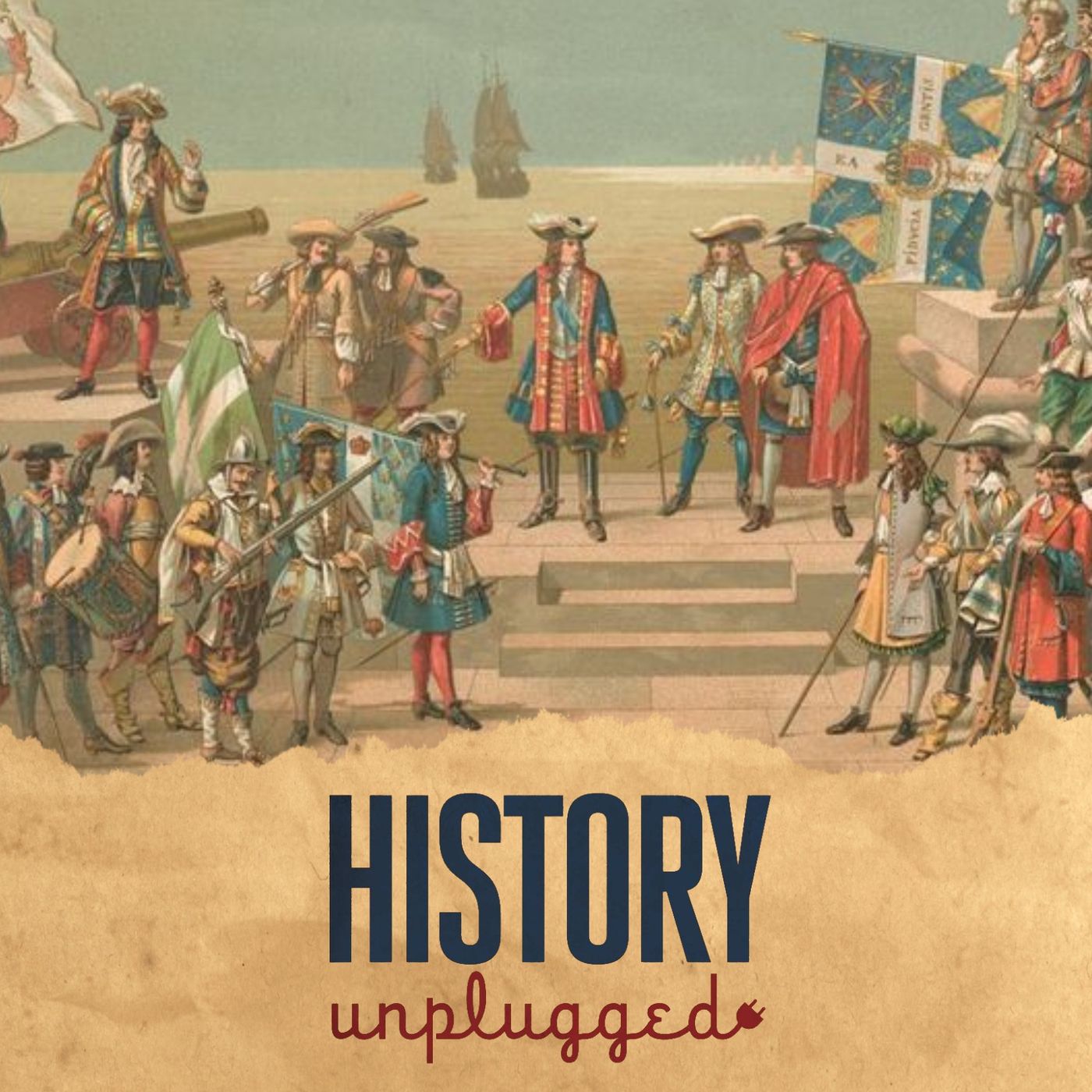At the turn of the nineteenth century, two waves of revolutions swept the Atlantic world, disrupting the social order and ushering in a new democratic-republican experiment whose effects rippled across continents and centuries. The first wave of revolutions in the late 1700s (which included the much-celebrated American and French Revolutions and the revolt against slavery in Saint Domingue/Haiti) succeeded in disrupting existing political structures. But it wasn’t until the second wave of revolutionaries came to maturity in the early 1800s—imbued with a passion for social mobility and a knack for political organizing—that these new forms of political life took durable shape, from the states of independent Haiti and Spanish America to the post-revolutionary governments that arose during and after Napoleon’s long reign over early nineteenth-century Europe.
Today’s guest is Nathan Perl-Rosenthal, author of “The Age of Revolutions and the Generations Who Made It.” We look at familiar figures like John Adams and little-known yet pivotal actors such as Marie Bunel, a confidant of Toussaint Louverture in the Haitian Revolution. Monarchies topple and are resurrected, republics emerge and find their footings, and a new social order of mobility upends the previous hierarchical system of rigid social classes. We see that one generation’s fledgling successes allowed their successors to fulfill the promise of a new world order.
Today’s guest is Nathan Perl-Rosenthal, author of “The Age of Revolutions and the Generations Who Made It.” We look at familiar figures like John Adams and little-known yet pivotal actors such as Marie Bunel, a confidant of Toussaint Louverture in the Haitian Revolution. Monarchies topple and are resurrected, republics emerge and find their footings, and a new social order of mobility upends the previous hierarchical system of rigid social classes. We see that one generation’s fledgling successes allowed their successors to fulfill the promise of a new world order.
